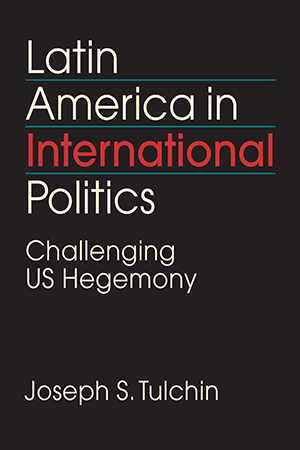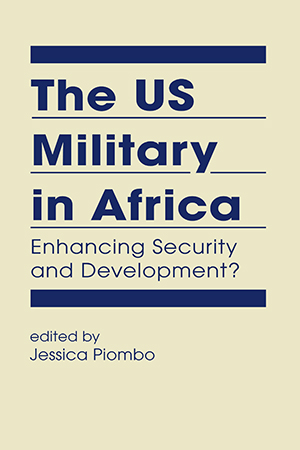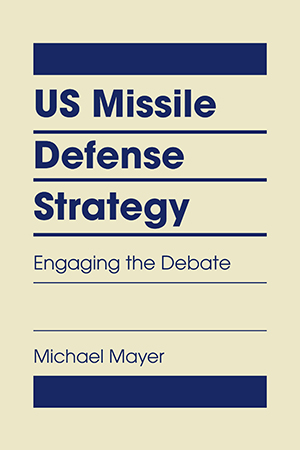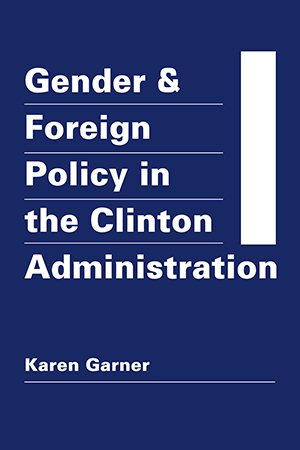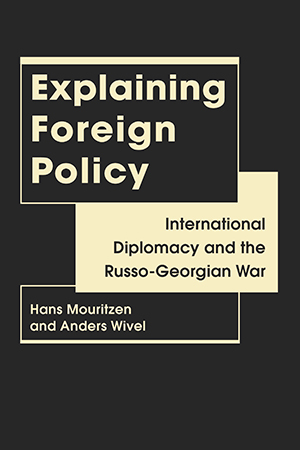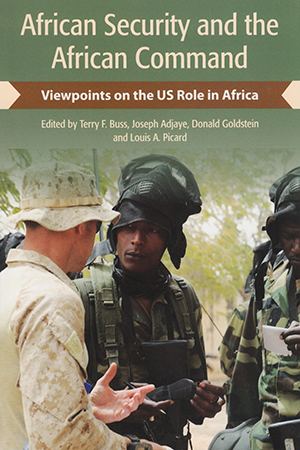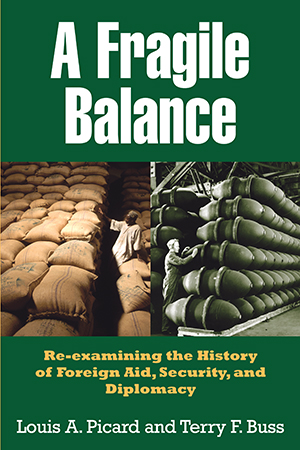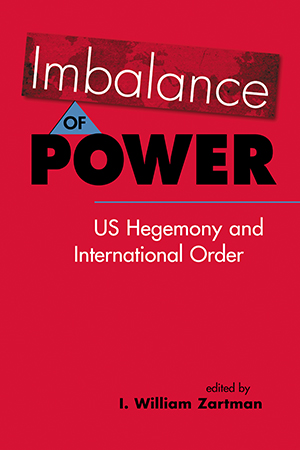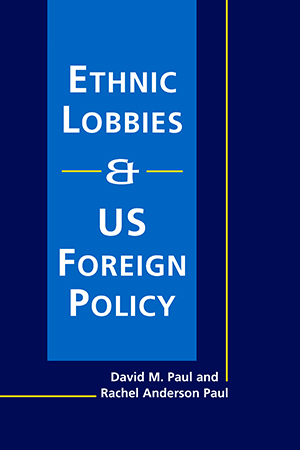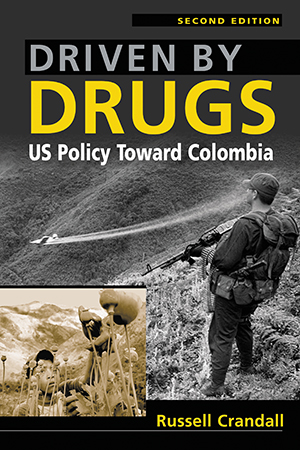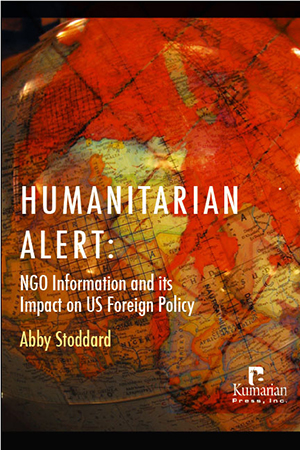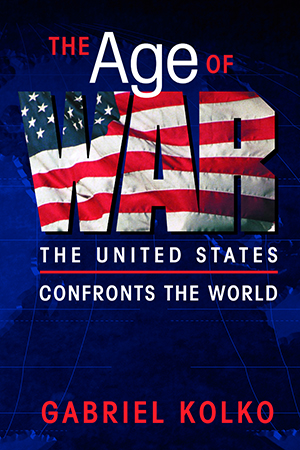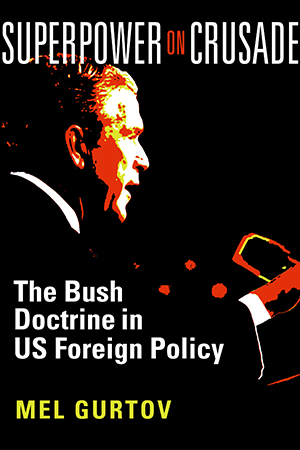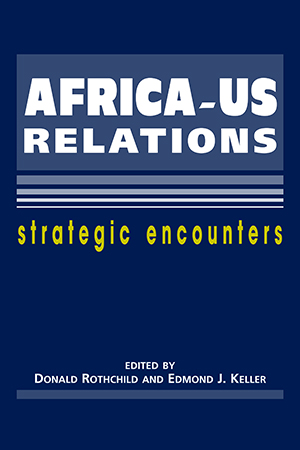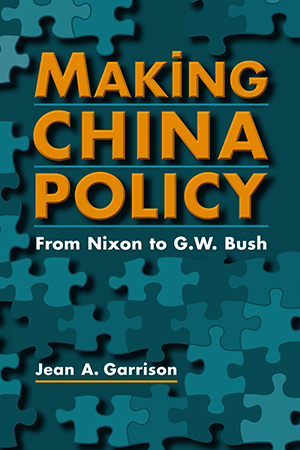US Foreign Policy
In recent years, the countries of Latin America have moved out from under the shadow of the United States to become active players in the international system. What changed? Why? And why did More >
Recent US security policy toward Africa has adopted a multidimensional approach—including the use of military assets to promote economic development and good governance—that has More >
Why has the United States continued to develop ballistic missile defenses in an era of irregular warfare and asymmetric terrorist threats? How does missile defense contribute to US global More >
Though recent US government attention to global women's rights and empowerment is often presented as a new phenomenon, Karen Garner argues that nearly two decades ago the Clinton More >
Why would Georgia attack South Ossetia in August 2008, with Russian forces conducting exercises nearby? This remains a puzzle to analysts—on a not inconsiderable list of foreign policy More >
In 2007, the Bush administration created a new military presence in Africa—AFRICOM (US Africa Command)—which has been vigorously debated ever since. Some see AFRICOM as the More >
Louis Picard and Terry Buss trace the history of US foreign aid from the earliest assumptions of manifest destiny to the present, placing their discussion within the context of broader More >
Now that the clear delineations of the Cold War era are behind us, what are the contours of the international system? And what does the new reality mean for the United States, the More >
Dozens of ethnic groups work determinedly to achieve specific policy goals in Washington, but to what degree do they actually wield power? Which groups are the most influential, and why? More >
In the years since the first edition of Driven by Drugs was published, there have been dramatic changes in US policy toward Colombia, as well as in domestic Colombian politics. This new More >
Do humanitarian NGOs function as autonomous—and even influential—nonstate actors with their own value-driven agendas? Or do they serve merely as the paid agents of national More >
In this comprehensive, succinct—and provocative—overview of five decades of US foreign policy, Gabriel Kolko gives special emphasis to the period since 2000. Kolko argues that, More >
With its emphasis on unilateralism, preemptive attack, and regime change, US foreign policy under George W. Bush continued the longstanding US quest for primacy—but with some radical More >
Reflecting the debate between state-centered and human-security approaches to security strategy, Africa-US Relations explores the interactions between the US and African countries in a wide More >
What explains the twists and turns in US-China relations since Richard Nixon initiated a policy of engagement in the early 1970s? Addressing this question, Jean Garrison examines the More >



